As the world increasingly focuses on sustainable solutions to combat climate change and environmental degradation, 2024 has seen a remarkable array of innovations designed to pave the way for a greener future. From groundbreaking technologies that revolutionize energy consumption to novel materials that reduce waste, this year's advancements offer hope and practical solutions for some of the planet's most pressing issues. In this article, we explore eight of the most impactful sustainability innovations of 2024, showcasing how ingenuity and commitment can lead to significant environmental benefits.
Solar Glass
Solar glass represents a monumental leap in renewable energy technology, merging the functionality of traditional windows with the power-generating capabilities of solar panels. This innovation allows buildings to harness sunlight not just through their rooftops but via every window surface, turning entire structures into clean energy powerhouses. The transparent photovoltaic cells embedded within the glass are nearly invisible, ensuring that aesthetics aren’t compromised. This breakthrough not only maximizes the use of available space for energy generation but also significantly reduces the carbon footprint of residential and commercial buildings, making it a game-changer in urban sustainability efforts.
Biodegradable Batteries
In an era where electronic waste poses a significant environmental threat, biodegradable batteries emerge as a beacon of hope. These innovative batteries are designed to break down harmlessly in the environment after their useful life, addressing the critical issue of battery disposal. Made from naturally occurring materials, they offer a powerful alternative to traditional lithium-ion batteries, reducing the reliance on mining and processing harmful substances. Biodegradable batteries represent a significant step forward in making electronics more sustainable and could revolutionize everything from consumer electronics to large-scale energy storage systems.
Water-from-Air Systems
Harnessing the untapped potential of atmospheric water, 2024 introduces advanced water-from-air systems capable of extracting moisture directly from the air and converting it into clean, drinkable water. This technology is particularly revolutionary for arid regions and communities without access to reliable water sources. By utilizing renewable energy sources for operation, these systems offer a sustainable solution to water scarcity, potentially transforming water access globally. Their ability to provide a constant, cost-effective supply of fresh water without depleting existing aquatic ecosystems marks a significant advancement in sustainable water management.
Eco-friendly Concrete
Concrete is the most widely used construction material in the world, but its production is also a major source of CO2 emissions. Enter eco-friendly concrete, a 2024 innovation designed to drastically reduce the carbon footprint of construction projects. This new form of concrete incorporates recycled materials and uses a carbon-capturing process during manufacturing, effectively turning buildings into carbon storage units. Not only does this reduce greenhouse gas emissions, but it also addresses the issue of waste in the construction industry, offering a more sustainable alternative for future developments.
Lab-grown Wood
Lab-grown wood is a groundbreaking development in sustainable materials, offering a viable alternative to deforestation—one of the most pressing environmental issues. By cultivating wood cells in a controlled environment, scientists can now produce wood without cutting down trees. This method not only preserves natural forests but also significantly reduces the carbon footprint associated with logging and transportation. Lab-grown wood can be tailored to various shapes and sizes, providing a versatile material for furniture, construction, and beyond. As this technology matures, it promises to revolutionize the timber industry and contribute to global reforestation efforts.
AI-driven Energy Efficiency
Artificial intelligence (AI) is at the forefront of enhancing energy efficiency across multiple sectors. In 2024, AI-driven systems are being implemented to optimize energy use in buildings, industrial processes, and even city-wide energy grids. These smart systems analyze vast amounts of data in real-time to adjust energy consumption dynamically, reducing waste and lowering emissions. The ability of AI to predict peak demand times and adjust accordingly not only conserves energy but also paves the way for integrating more renewable sources into the grid, making it a pivotal innovation in the quest for sustainability.
Ocean Cleanup Technologies
The fight against ocean pollution has taken a significant leap forward with the advent of advanced ocean cleanup technologies in 2024. These innovations range from autonomous drones that collect plastic waste to barrier systems designed to prevent trash from entering the oceans from rivers. What makes these technologies stand out is their scalability and minimal impact on marine life, addressing the plastic crisis without harming the ecosystem. By tackling both existing waste and intercepting potential pollutants, these solutions play a crucial role in preserving marine biodiversity and combating one of the most visible signs of environmental neglect.
Vertical Farming Advancements
Vertical farming has seen significant advancements in 2024, with new technologies making it more efficient and accessible than ever before. By growing crops in vertically stacked layers, often in controlled environments, vertical farms use less land and water than traditional agriculture, while eliminating the need for chemical pesticides. LED lighting optimized for plant growth, along with AI-controlled systems for monitoring crop health, have made vertical farming a viable solution for producing fresh, local produce in urban areas. This innovation not only contributes to food security but also reduces the environmental impact of food production, marking a shift towards more sustainable agricultural practices.
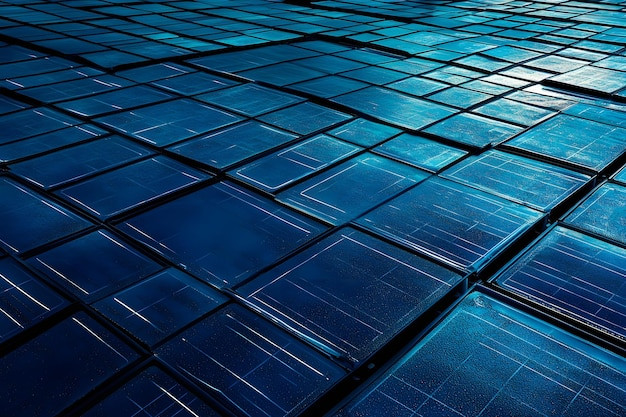
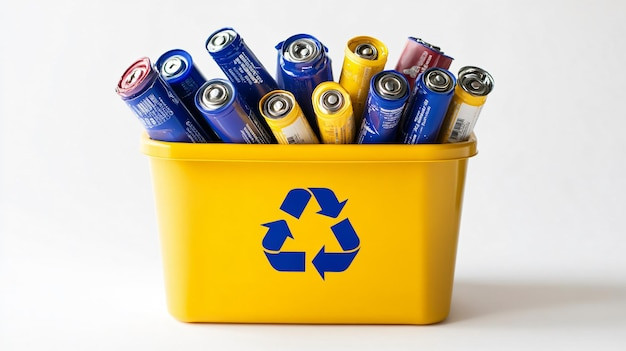


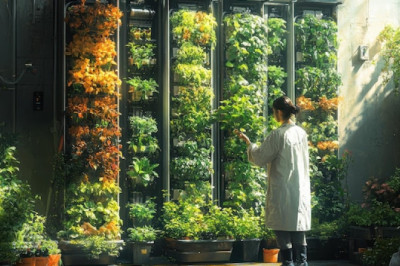





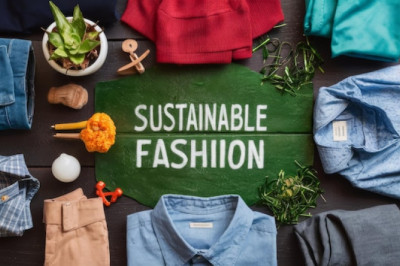


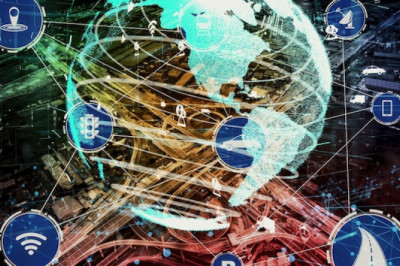




Comments
0 comment